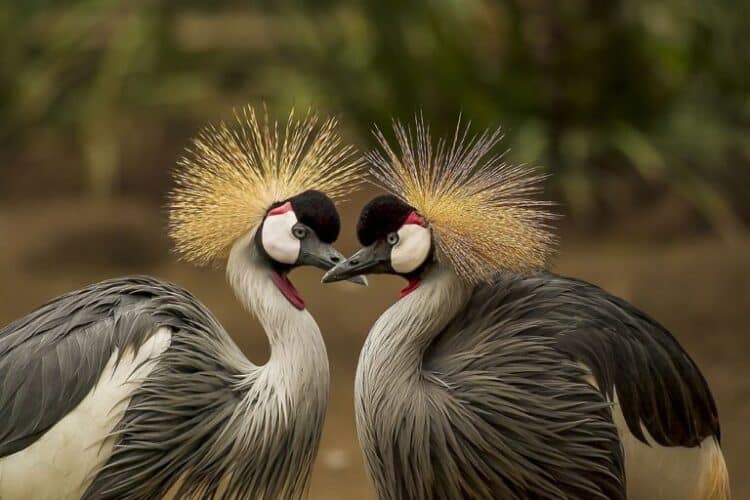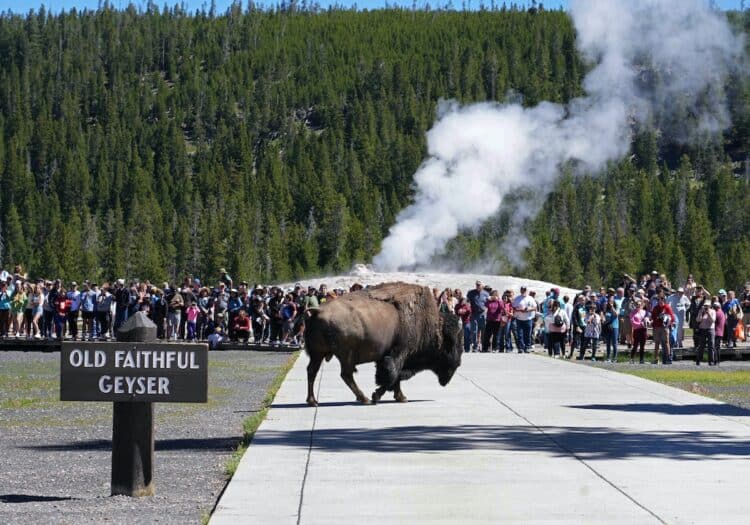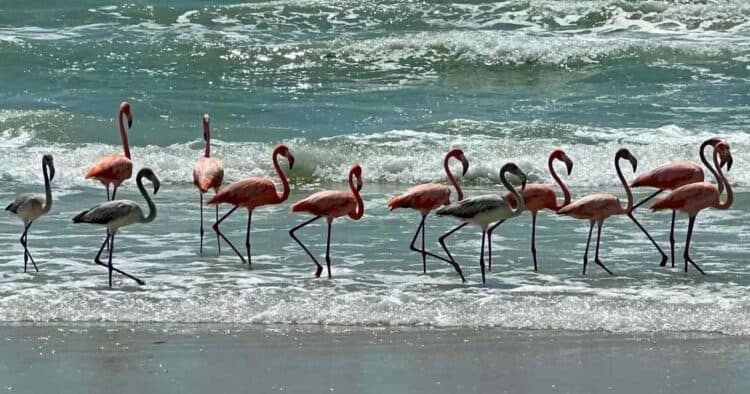Audubon PA this week received over $183,000 in grant funding from the National Fish and Wildlife Foundation (NFWF) that will be used to partner with private land owners in order to create and maintain healthy forest habitats for birds in the Appalachian mountains of Pennsylvania.
The grant will allow Audubon PA to develop infrastructure to advance landscape-scale conservation on private lands by implementing American Forest Foundation’s Family Forest Carbon Program.
It will also extend and expand ongoing NFWF dynamic forest management on public lands in the Upper-Middle Allegheny Highlands, Pennsylvania Wilds, and Laurel Highlands by focusing new conservation activities on adjacent private lands.
Additionally, it will integrate best management practices for forest birds with actions designed to sequester carbon and amplify climate resiliency within forested ecosystems. This marks the first known plan of its kind in the nation.
“Eighty percent of forest birds rely on private lands for nesting habitat and new science suggests that managing those same forests can help to mitigate climate change by amplifying carbon sequestration,” said Ron Rohrbaugh, Director of Conservation Science and Forest Programs.
He added, “Our new grant brings together science-based management for birds and carbon in an innovative, win-win approach that seeks to stabilize bird declines and sequester carbon at the same time. As an added benefit, the project will pay private forest landowners to implement these management practices, adding a new way for landowners to gain value from their forests.”
“Our own science shows that nearly two-thirds of birds are at risk of extinction due to climate, including iconic Pennsylvania species like the Ruffed Grouse,” said Renee Stone, vice president for climate at the National Audubon Society. “This grant will help in finding natural solutions to capture carbon, which is critical in helping to slow the effects of a warming climate.”
This article was first published by Audubon on 15 December 2019.
What you can do
Support ‘Fighting for Wildlife’ by donating as little as $1 – It only takes a minute. Thank you.







Leave a Reply